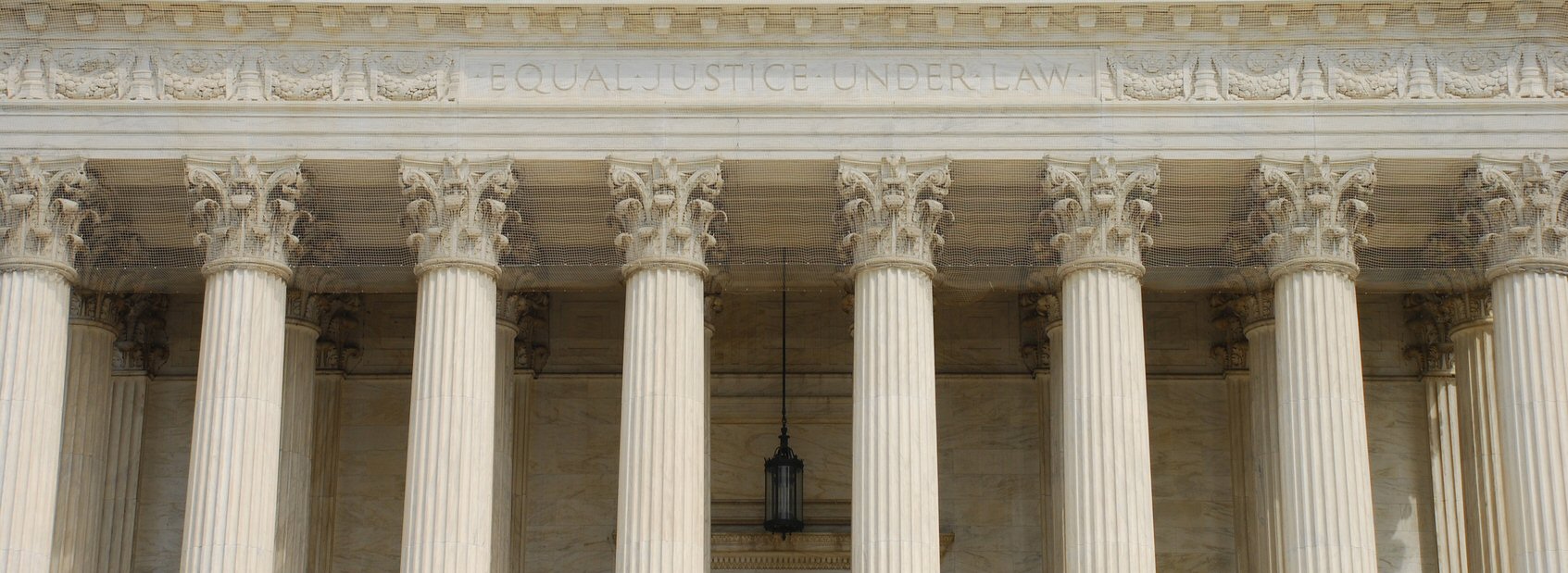Position Statement – 2015
A.5896 / S.3932
Microbead Free Waters Act
Support
The Women’s Bar Association of the State of New York (WBASNY) supports S.3932 and the identical A.5896. These bills would add the “Microbead-free Waters Act” to the Environmental Conservation Law.
The Act would prohibit the sale of personal cosmetic products that contain plastic microbeads. “Microbead” is defined as any plastic component of a personal cosmetic product that is five millimeters or less in size. “Personal cosmetic product” is defined as any “article intended to be rubbed, poured, sprinkled, or sprayed on, introduced into, or otherwise applied to the human body or any part thereof for cleansing, beautifying, promoting attractiveness, or altering the appearance”, and any components of such articles. Products that require a prescription are specifically excluded from the definition of “personal cosmetic product.”
The Act prohibits the sale of personal cosmetic products that contain intentionally-added microbeads. It has a short-term exemption for the sale of personal care products that are also regulated as a drug by the U.S. Food and Drug Administration, with the exemption allowing their sale until January 1, 2017. The Act provides for civil penalties of up to $2,500/day for a first violation, and up to $5,000/day for a second violation. Injunctive relief is also provided for in the Act. The Act has a January 1, 2016 effective date.
The New York State Assembly’s bill contains the following legislative intent provisions, among others:
“The legislature hereby finds that microbeads, a synthetic alternative ingredient to such natural materials as ground almonds, oatmeal and pumice, found in over one hundred personal cosmetic products, including facial cleansers, shampoos and toothpastes, pose a serious threat to New York’s environment.
Microbeads have been documented to collect harmful pollutants, already present in the environment, and harm fish and other aquatic organisms that form the base of the aquatic food chain. Recently, microbeads have been recorded in New York’s water bodies, and in particular, the waters of Lake Erie. Research has suggested that the majority of these microbeads are entering water bodies through disposal down household drains following the use of such personal cosmetic products.”
In February of 2015, New York Attorney General Eric Schneiderman submitted a program bill to State legislative leaders that forms the basis for A.5896 and S.3932. His press release provides the following additional information:
“The plastic beads, which have been found in alarmingly high levels in the New York waters of Lake Erie and Lake Ontario as well as in the Finger Lakes and other waters, can persist in the environment for centuries and accumulate toxic chemicals on their surface, threatening fish, wildlife and public health. Last May, Attorney General Schneiderman released a report documenting the threat posed by microbeads, and finding that 19 tons of microbeads are potentially being discharged into New York’s wastewater stream each year. More recent studies have documented the presence of microbeads in the Finger Lakes and other New York waters as well….
In 2012, a team of researchers that included scientists from the State University of New York at Fredonia discovered alarming levels of microbeads in Lake Superior, Lake Huron, and Lake Erie, averaging more than 466,000 pieces of microplastic per square kilometer. Half of all plastics collected on the surface of Lake Erie were the perfectly spherical, multi-colored beads identical to the microbeads used in beauty products. A subsequent study found up to 1.1 million particles of microplastic per square kilometer in Lake Ontario. And, samples collected last November have confirmed the presence of microbead pollution in other New York waters: Cayuga Lake, Oneida Lake, the Erie Canal, and Mohawk River.
Once in the water, microbeads, like other plastics, can attract and accumulate certain toxic chemicals commonly found in waters across the state, and can be mistaken as food by small fish and wildlife. Scientific studies have shown that fish and wildlife of all sizes consume plastic. In addition, environmental pollution found in Great Lakes waters, such as PCBs (the industrial pollutants polychlorinated biphenyls), gravitate and attach to the surface of plastic. If fish and wildlife species low on the food chain eat these contaminated plastics, the chemicals might be passed on to larger birds, fish and other animals that are eaten by people.
Several leading beauty product manufacturers – Colgate-Palmolive, Johnson & Johnson, L’Oreal, Proctor and Gamble, and Unilever – have made commitments to phase out the use of microbeads in their products. Other companies, such as Burt’s Bees, have never used these plastics in their products.”
WBASNY supports this microbead ban. Women do not need microbeads in their products. Personal cosmetic products do not need plastic particles to be effective, as evidenced by the facts that their use became common only in the past few years, some personal care product companies have never used them, and other companies are now phasing them out. Last year, Illinois became the first state to ban microbeads in consumer products. A few other states have recently followed suit. With its large consumer market, a New York ban may in effect become a nationwide ban because of difficulties manufacturers and distributors will face in providing microbead-free products in some regions and not others.

